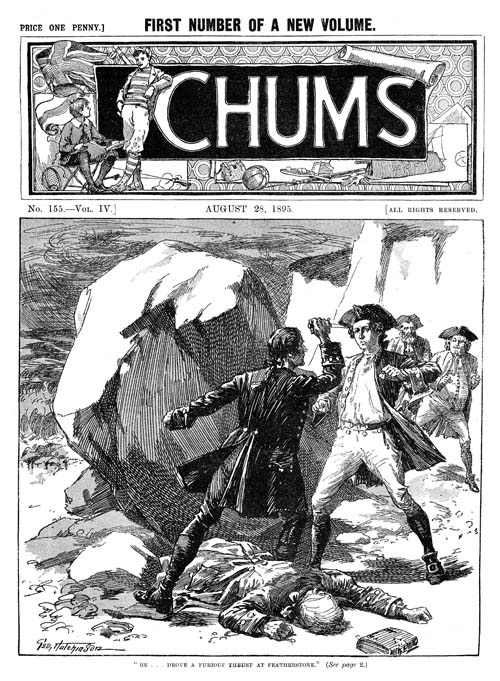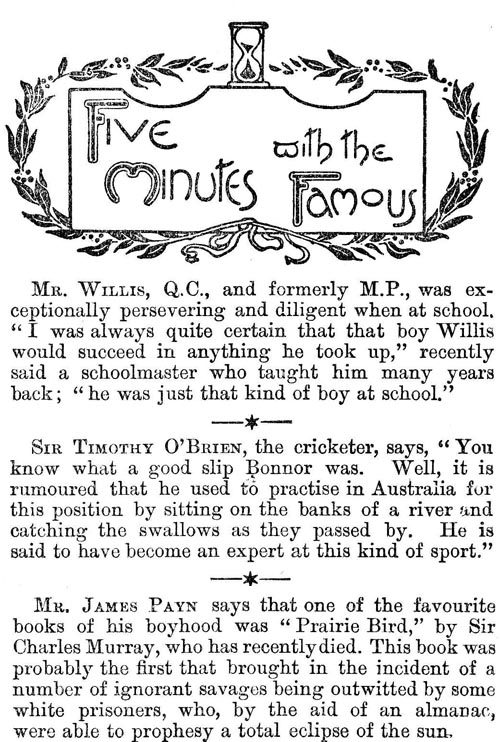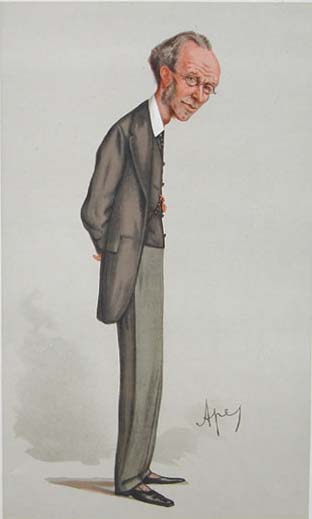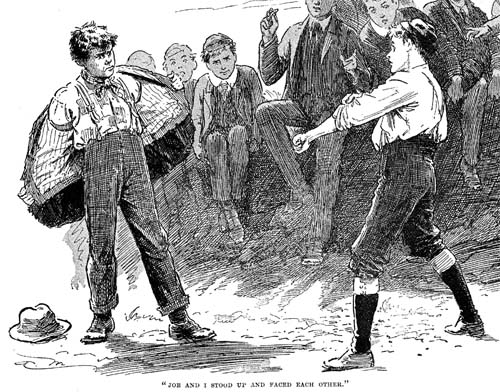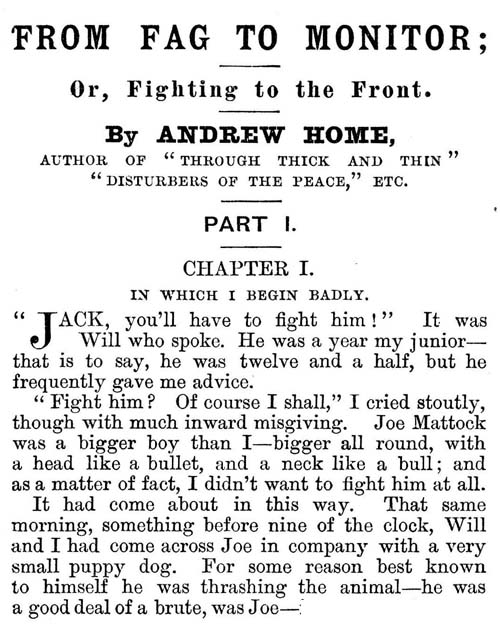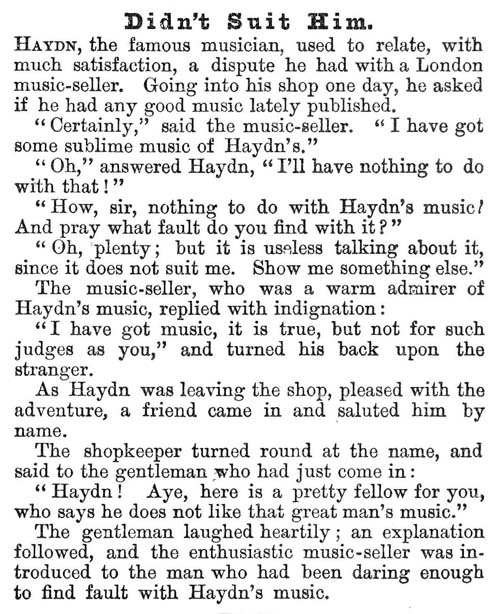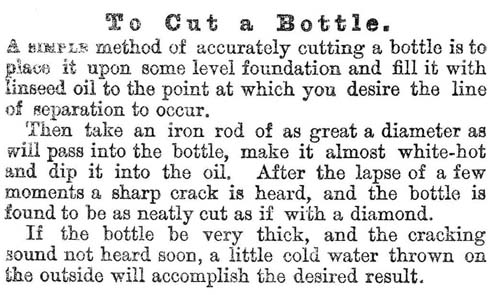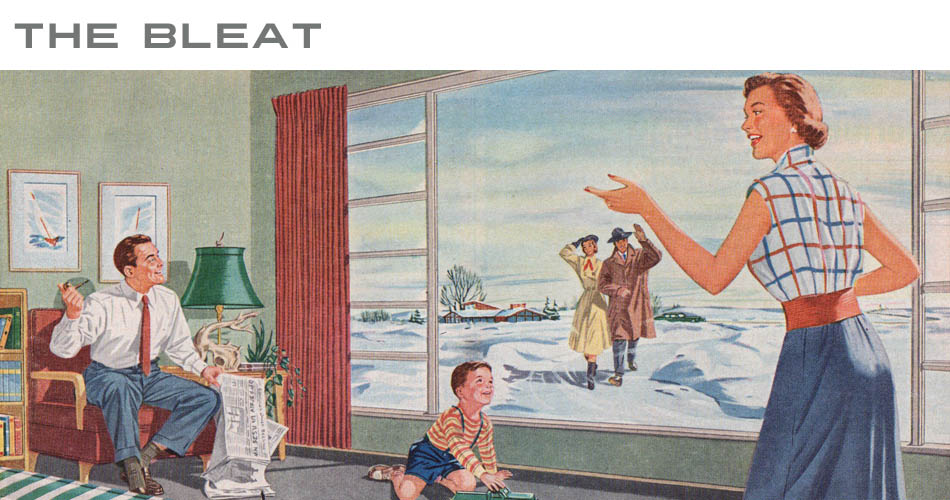
|
I came into possession of a copy of a late 19th century British boy’s magazine, Chums. Most 19th magazines I’ve seen are dreary and unreadable to my eyes - it just takes so long, as you may have recalled in the course of essaying a previous edition in which the matter was so properly bruited, to arrive at the moment which the discerning reader has come to call “the point,” and thus gives a hearty “hurrah!” when it hoves into view, bringing with it as it does a salient matter on which the paragraph, or indeed the very column of print itself, may rest. HURRY IT ALONG FOR THE LOVE OF GOD my brain shrieks, and I move on to the pictures. But there aren’t any pictures. If there are pictures they’re scratchy pen drawings of bewhiskered sailors who have Fought the Sea In All Her Moods or some racist cartoon with plate-lipped savages. (The issue of “Chums” has one such illustration.) But if you can get past the brick-thick prose and dense design, you find hints of an era that had something to recommend it. If I dare say. I know we’re supposed to deplore the wretched past for its comparisons to modern life, and the tertiary after-effects of the sentiments they took for granted - why, this book is nothing but a training manual for dying at Verdun! But it’s fascinating. This is what boys read:
So, nothing changes: might as well be a frame from Call of Duty. But let’s go inside. Anecdotes about Famous Men who were all for square play and sticking-to-your-guns and being a sharp lad with an eye for personal betterment:
I don’t know how you catch sparrows, and yes, it’s the old fool-the-dolts-with-the-eclipse routine. Can’t imagine a boy’s mag adopting this tone today; can you? For that matter, are there boys’ magazines? When I was a lad we had the Boy Scouts magazine, but it only made me feel inferior, because it seemed like inside chatter between the Eagle Scout-level older boys, and I knew I had no hope of attaining that level of skill or savvy. And I didn’t want to. There was something so smugly self-satisfied about Eagle Scouts, and something so risibly dorky as well. The sash. The badge. The unspoken assumption that they knew the ways of the Indians. Anyway: Timothy OBrien had ten kids, the eldest of whom - his namesake - died at Flanders. He died in 1948. "Prairie Bird" can be read online for free, here. The preface is almost a parody of the era:
The author, in all fairness, has to warn the reader about what's coming up, so he can quit the book now if it doesn't interest him. Let us move to the pulse-pounding opening of Mr. Murray's tome (dear haters waiting to drop a "Bell Curve" reference: how very clever and unforeseen.) Ready? We're thrown into the action like a helpless puppy into a raging river:
Ah, the paying bowels of Ohio. As for Mr. James Payne, he was a novelist in the Chums-era heyday. Thin balding writer-type:
He looks familiar; don't know why. His works included "Maxims of a Man of the World," "Some Private Views," "Some Literary Reflections," and of course "Some Dreadful Whores I Shan't Stop Buckling Until I'm Pinched" (1888; published postumously.) His works also included nine children.
Inside we find a Ripping Yarn, with this illustration:
Fisticuffs! Some nasty jasper gets his comeuppance, perhaps? Let’s go to the set-up:
The narrator feels compelled to give the brute a thrashing because he was mean to a dog, which was an acceptable causus belli. The idea that any modern boy’s media should posit a bout of playground boxing is just absurd: both would be expelled, regardless of which one was torturing a poor puppy. But ho: the narrator has doubts about the fight, because the readers were educated boys, possibly milk-white sons of the commerce class who would never want to fight, but wanted to read about boys like themselves who did the Manly Thing. It’s a serial. It went on, and on, and on, and probably ended up in the Ant-arctic. Now, some jokes! Ah, let us have a good healthy smile over the gentle ruse Haydn played on a merchant:
Certainly put “the wool” over him, eh, lads? No stuffed shirt, that Haydn. Finally, things every boy should know, in case the situation requires expert bottle-cutting skill.
Every boy should know how to cut a bottle with linseed oil and a white-hot poker. Every boy. TODAY: Three additions to the Permanent Collection of Impermanent Art, complete with audio tracks from the museum director to tell you what to think. RIGHT HERE. Have a grand weekend! See you Monday with the start of Christmas Kitsch - and a little surprise that might be too late, but that's my problem. If it doesn't need to get done, I'll do it. The stuff that needs to get done? LALALALA I CAN'T HEAR YOU Hopeless. Sir O'Brien would give me a right thrashing and justly so.
|
||||||||||||
|
|
|||||||||||||
|
|||||||||||||
|
blog comments powered by Disqus
|


